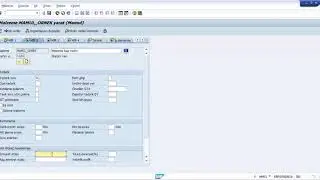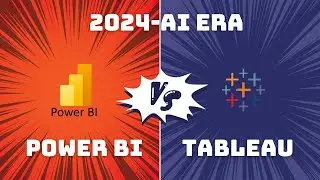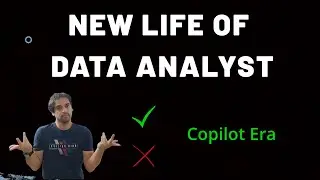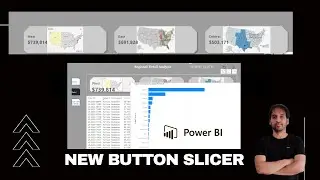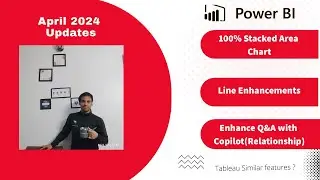B Com to Data Analyst Transition (feat Anurag Supsande)
ROADMAP to Data ANALYST (Content in the video description )
• Data Analyst Roadmap 2024 (+AI Factor) | H...
Anurag's Linkedin Profile / anurag-supsande-5ba403101
Data Analyst Roadmap
Had a fascinating chat with Anurag, who transitioned from a B.Com background to a thriving Data Analyst role. His story is a testament to the power of self-belief and continuous learning. From leveraging core business knowledge to mastering data analytics tools, Anurag's journey is an inspiration for anyone looking to make a career pivot. Anurag is a Top Data Visualization voice from linkedin as well
#dataanalytics #careertransition #BCom
B Com to Data Analyst
BA to Data Analyst
A B.Com background provides a solid foundation for a career in data analysis. Here's a potential roadmap:
1. Build a Strong Foundation:
Leverage your existing skills: Your B.Com background equips you with strong numerical and analytical abilities, which are crucial for data analysis.
Master Excel: Excel is a fundamental tool for data manipulation and analysis. Deepen your knowledge of pivot tables, formulas, and data visualization.
Learn Statistics: Understanding statistical concepts is essential. Focus on descriptive statistics, probability, and inferential statistics.
2. Acquire Technical Skills:
Programming languages: Learn Python or R. These languages are widely used in data analysis and provide powerful tools for data manipulation, analysis, and visualization.
SQL: Database management is crucial. Learn SQL to extract, manipulate, and analyze data from databases.
Data visualization: Master tools like Tableau or Power BI to create compelling data stories.
3. Develop Business Acumen:
Understand business concepts: Your B.Com background will be helpful here. Strengthen your understanding of financial statements, business metrics, and industry trends.
Develop problem-solving skills: Data analysts need to solve business problems using data. Practice critical thinking and problem-solving.
4. Gain Practical Experience:
Personal projects: Work on data analysis projects to apply your skills. Explore datasets from Kaggle or other sources.
Internships: Gain real-world experience by interning at a company in the data analytics domain.
Certifications: Consider certifications like Google Data Analyst, Microsoft Certified: Data Analyst Associate, or SAS Certified Data Analyst to validate your skills.
5. Networking and Job Search:
Build your network: Attend industry events, connect with data professionals on LinkedIn, and participate in online communities.
Tailor your resume: Highlight your B.Com background and relevant skills. Quantify your achievements to showcase your impact.
Practice data analyst interviews: Prepare for common data analyst interview questions, including case studies and technical assessments.
6. Today there are many online Data Science Master Degree programs that you can pursue which will not only make you competent but will also help you when you further want to switch over to data science roles , do only from recognized institutions
Additional Tips:
Online courses: Platforms like Coursera, edX, and Udemy offer a wide range of data analytics courses.
Data storytelling: Learn to communicate insights effectively through visualizations and narratives.
Stay updated: The data landscape is constantly evolving. Keep up with the latest trends and technologies.
Remember: The journey might not be linear. Be persistent, experiment, and embrace challenges. With dedication and the right skills, you can successfully transition from B.Com to a thriving data analyst career.


